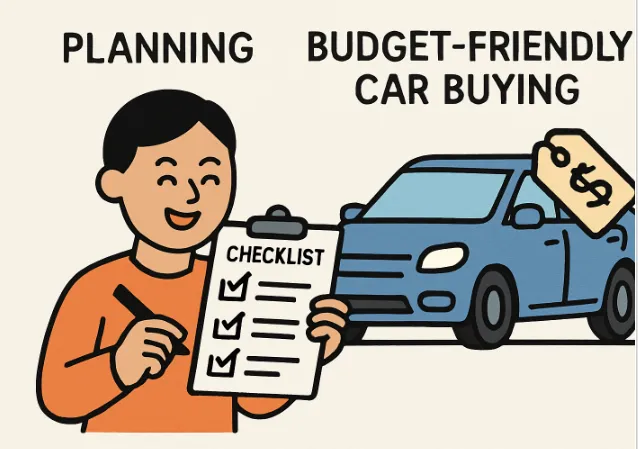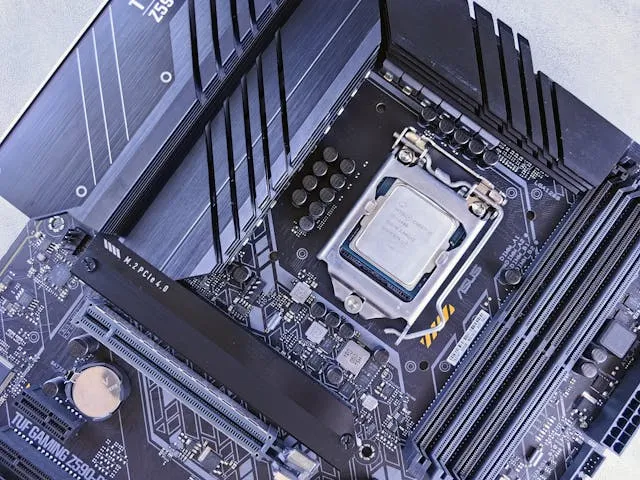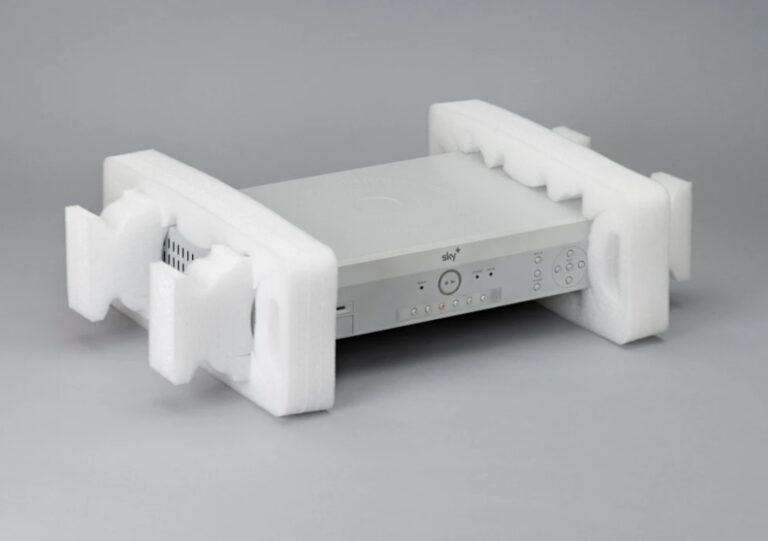Budget-Friendly Tips for Buying Your Next New Car
Purchasing a new car is an exciting milestone, and with the right approach, it doesn’t have to strain your finances. Whether you’re a first-time buyer or upgrading your vehicle, planning and understanding the market will help you save money and find a ride that fits your lifestyle. If you’re shopping in central Florida, exploring options at a local Jeep dealer Orlando can connect you with a great selection of new models and incentives. By combining research, timing, and savvy negotiation, you can stay within your budget and still drive away happy.
Balancing cost, reliability, and your “must-haves” is not always easy with so many choices available. Setting clear priorities up front and sticking to a defined spending plan helps avoid impulse choices. By following a strategic plan, you’ll lower your total costs and prevent buyer’s remorse—ensuring your new vehicle is both enjoyable and affordable.
Also Read: How Regular Handyman Maintenance Can Prevent Costly Home Repairs
Before visiting showrooms, it’s essential to review your current financial situation. Dedicate time to understanding financing, total ownership costs, and the value of various extras. Doing so can reveal hidden expenses and give you greater leverage during negotiations. Car ownership extends beyond the sticker price, so be sure to consider the whole picture.
Local dealerships offer a variety of vehicle types and financing offers. For those interested in all-American brands and a full selection of Chrysler, Dodge, Jeep, and Ram vehicles, searching for a CDJR near me gives you access to new arrivals, certified pre-owned options, and expert advice on the best deals in your area.
Set a Realistic Budget
The most crucial step in buying your next car is establishing a clear spending limit. According to financial experts at NerdWallet, it’s best to limit your car payment to no more than 15% of your monthly take-home pay. Your overall budget should include more than just the sticker price; don’t forget taxes, insurance premiums, registration fees, and potential maintenance down the road. By calculating your budget before getting emotionally attached to a specific car, you’ll avoid “upsell” pressure and long-term regret.
Research and Compare Models
Informed buyers save the most. Use resources like Kelley Blue Book and Consumer Reports to compare prices, reliability, safety ratings, and owner satisfaction. Create a list of vehicles that meet your criteria—size, gas mileage, and style—and compare their total costs over several years. Special focus on cars with good fuel efficiency and low depreciation can save you significantly over time.
Explore Financing Options
Securing the right loan is nearly as important as negotiating the best price. Dealerships may offer convenient options, but it pays to shop around. Get quotes from credit unions, local banks, and online lenders before you talk to the dealer—pre-approval can significantly strengthen your bargaining position. Remember to compare not only the interest rate, but also the loan length and any additional fees. Look for online loan calculators to estimate your payments and total interest.
Time Your Purchase
The timing of your car purchase can easily save you hundreds or thousands. The best months are October through December, as dealers strive to meet their annual sales goals and clear out old models before the new year. According to CNBC, shopping at the end of the month, quarter, or year can unlock better offers, especially if salespeople need to hit targets. Mondays or midweek visits may also yield more attention and flexibility, as dealerships tend to be less busy.
Consider Certified Pre-Owned Vehicles
While new cars are appealing, they depreciate as soon as you drive off the lot. Certified pre-owned (CPO) vehicles, in particular, offer substantial value—they’re typically low-mileage, thoroughly inspected, and include extended warranties. CPO options allow you to enjoy many of the advantages of a new vehicle at a deeply discounted price, with added assurance from the manufacturer.
Negotiate Effectively
Every part of the transaction is negotiable. Arm yourself with price data from trusted sources and confidently ask for discounts and extras. If a deal doesn’t meet your expectations or budget, be ready to walk away—the best bargains often come after you show you’re prepared to look elsewhere. Consider negotiating finance rates, trade-in values, and dealer fees separately to maximize your savings.
Avoid Unnecessary Add-Ons
Dealership add-ons, such as extended warranties, paint protection, gap insurance, and anti-theft systems, are often high-margin products. Some may be worthwhile, but always research their real value and avoid letting these extras inflate your purchase price. Many add-ons can be purchased later—or from third parties—at a lower cost, giving you time to make the right decision.
Factor in Total Cost of Ownership
The real cost of your car goes far beyond the monthly payment. Use tools like Edmunds’ True Cost to Own calculator to see your long-term expenses, including scheduled maintenance, repairs, fuel, insurance, and depreciation. By choosing vehicles with a strong reputation for durability and low operating costs, you’ll save more throughout the lifespan of your purchase.
Buying a new car is a significant life event, but with preparation and smart shopping, you can make your investment a wise one. Take time to get pre-approved for financing, compare models, shop at the right time, and watch for unnecessary extras. Your forward-thinking approach will leave you with a vehicle that suits both your needs and budget, ensuring peace of mind for years to come.







